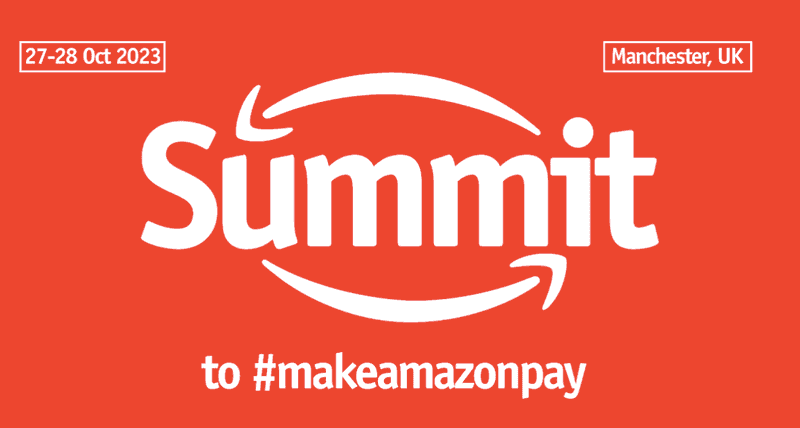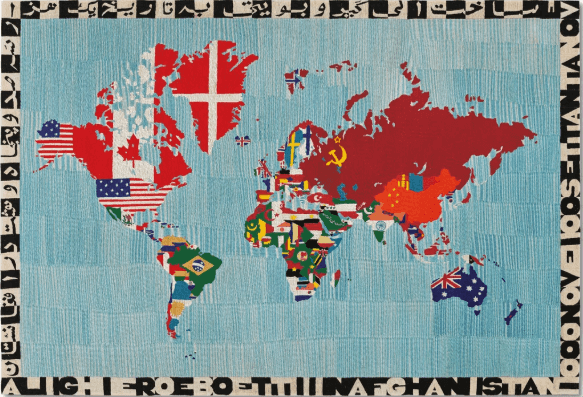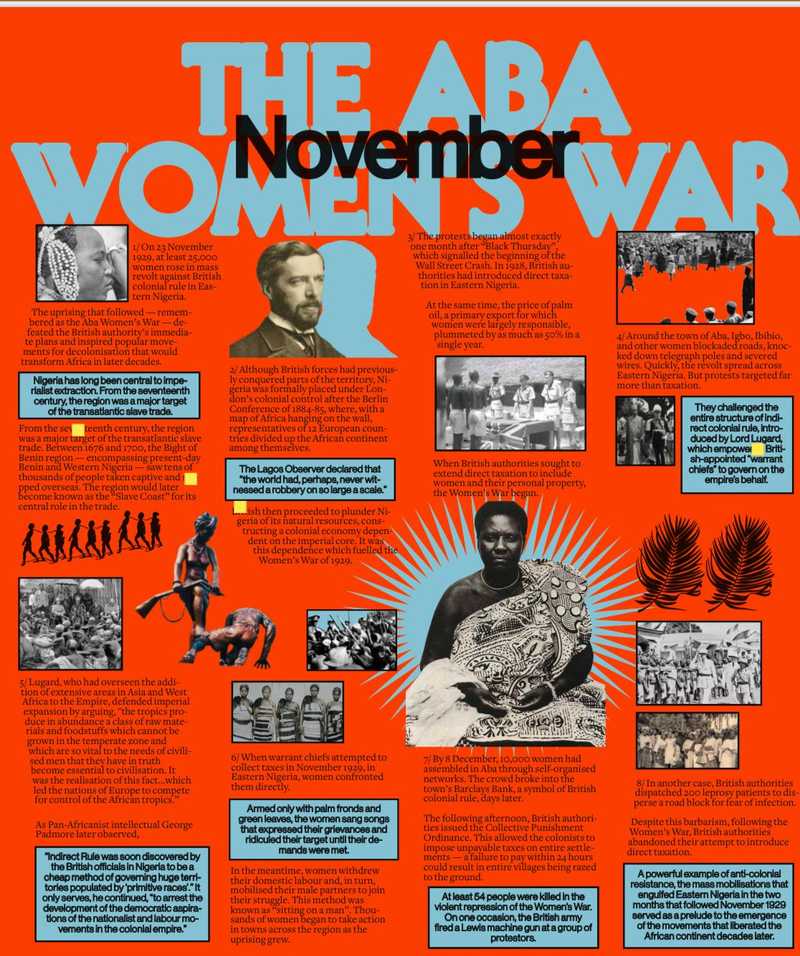
We write to you with breaking news. At the Manchester Summit to Make Amazon Pay, trade unions and political leaders announced their plans to strike and protest Amazon in over 30 countries around the world on Black Friday, 24 November. This will be the biggest challenge to Amazon yet, crossing continents, stretching into the supply chain, uniting workers and citizens around the world.
The announcement comes as Amazon released its quarterly earnings on Thursday 26 October. As David Adler, the PI’s co-general coordinator and a delegate at the Summit to Make Amazon Pay said, “Amazon’s latest figures clearly show that the company can afford to pay its workers a decent wage, to negotiate with their trade unions, to reduce its environmental damage rather than greenwash and pay its fair share of taxes. At this Summit to Make Amazon Pay, we’re coming together to make it so.”
Building from the momentum of the Summit, the Make Amazon Pay global day of action on Black Friday is set to be the largest yet. Last year, the coalition organised over 135 strikes and protests across 35 countries on Black Friday. This year, Amazon is set to face even more disruption, as workers withdraw their labour, activists protest Amazon Web Services’ environmentally destructive practices, citizens demand the company pay its taxes and small businesses and independent booksellers condemn the giant’s anti-competitive behaviour.
Amazon is facing the biggest challenge to its abuses in the company’s history. In country after country, workers are coming together to demand better pay, conditions and recognition for their unions. In cities, states and countries, regulators and legislators have begun to take action to make Amazon pay for its damage to workers, our communities and the planet.
In the past year, in the UK, warehouse workers have been out on strike. In Germany, Prime Day saw strikes at sites across the country. In the US, Amazon delivery drivers formed the first ever drivers’ union and set up rolling pickets for better pay, safe jobs and union recognition. At the same time, writers in the Writers’ Guild of America won a major victory against Amazon and other film and television production studios, preventing technology being used to drive down working conditions in what once were decent jobs. Outside New Delhi, India, a mass protest by hundreds of warehouse workers forced Amazon into major concessions. In Bangladesh, garment workers rose up with allies across the world to demand Amazon sign the International Accord to protect their safety. And tech workers at its Seattle HQ walked out over Amazon’s greenwashing attempts.
In Barcelona, a progressive municipal government implemented a tax on Amazon’s use of “free” public space for its last-mile deliveries. The Minnesota Senate passed the strongest Amazon warehouse worker protection bill in the US. The Irish Senate passed a law to ban Amazon’s dumping of new and unused products. And in both the United States and Europe, game-changing competition investigations against Amazon are underway that could stop Amazon’s monopolistic practices in their tracks.
As Yolanda Diaz, Second Deputy Prime Minister and Minister of Labour of Spain, said at the Summit to Make Amazon Pay:
“We are witnessing a resurgence in the struggles of working people… [such as the] campaign on Black Friday that unites Amazon workers worldwide in a global fight for their rights.”
So please join us on Black Friday, 24 November to Make Amazon Pay.
Latest from the Movement
Palestine will be free
Around the world, people have marched in their millions for Palestine. Last Saturday, London saw what has been described as the biggest demonstration since those opposing the Iraq was in 2003. Then as now, PI Council member Jeremy Corbyn addressed the crowd, calling for peace and warning of the horrific consequences of illegal military force.
Actions against the Israeli war machine have gathered pace in the imperial core. In the US, a new branch of Palestine Action was formed to take direct action against companies providing arms for the destruction of Gaza. In the UK, young trade unionists blockaded Instro Precision Ltd, which produces military equipment for the ongoing bombardment of Gaza.
Is Latin American the next global power?
Tijuana to Tierra del Fuego. The Pacific to the Atlantic. Is a united Latin America the next global superpower? For centuries, Latin America was the property of foreign powers. But today, left-wing governments in countries like Mexico, Colombia, and Brazil are consolidating power in pursuit of regional sovereignty.
In Episode #2 of “The International,” a world-spanning video series brought to you by Jacobin and the Progressive International, we join Ecuador’s former Foreign Minister Guillaume Long for a tour of Latin America’s “Pink Tide” and a front-row analysis of the region’s geopolitical prospects in a multipolar world. Please watch it here.
Iceland’s women go on strike
Nearly fifty years after Iceland’s first Women’s Strike, this week tens of thousands of Icelandic women withdrew their labour to highlight how society depended on their work.
On 24th October 1975, ninety percent of the nation’s female population wnet on strike inside and outside of the home. Without switchboard operators, there was no telephone service. Without typists, newspapers were not printed. Without teachers, schools were closed. Without its women, Iceland ground to a halt. As Elisabet Gunnarsdóttir – one of the strike’s organisers – says, the strike demonstrated that the withdrawal of women’s labour “could bring society to a standstill”, proving that if women “were not there, nothing was done.”
Massa wins first round in Argentina
The centre-left Peronist candidate Sergio Massa came top of the first round of presidential elections in Argentina. Massa took nearly 37%, ahead of far-right extremist Javier Milei’s 30%. The two men will now face off in a run-off on Sunday 19 November. Milei, a self-described “anarcho-capitalist”, had been leading in the polls.
The Progressive International dispatched a high-level international delegation to Buenos Aires: to accompany the electoral process; to strengthen ties with trade unions, social movements, and parliamentary representatives on the frontlines of Argentine democracy; and to unite, organize, and mobilize progressive forces around the world to stand with them.
Art: Campaign image for the Summit to Make Amazon Pay, by PI Creative Director Gabriel SIlveira



